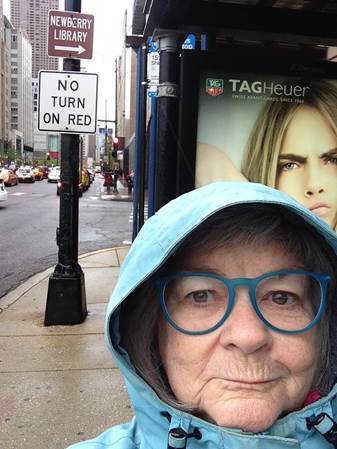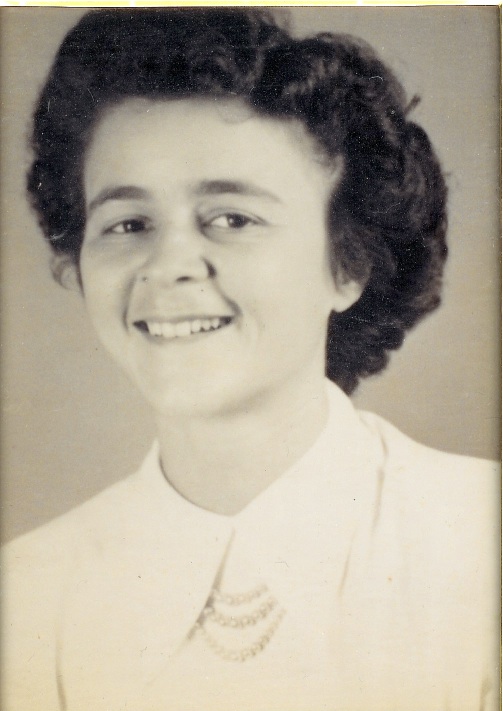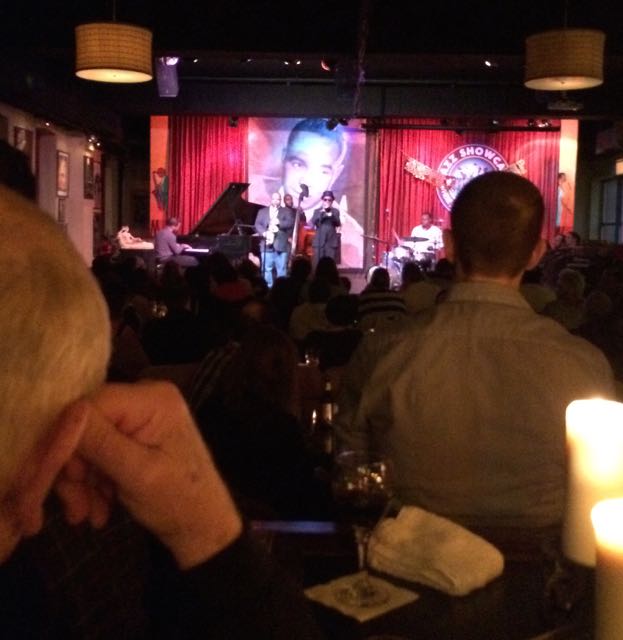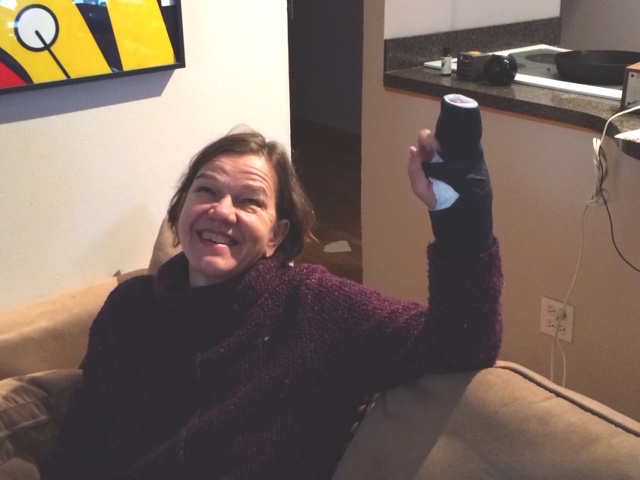Mondays with Mike: Trumpentstein, guns, heavy thinking, and bars without TVS
January 11, 2016 • 3 Comments • Posted in Mike Knezovich, Mondays with Mike, politics, UncategorizedHere in Chicago it’s beginning, at last, to feel like January. Yesterday, a sunny Sunday, the temperature only hit 18 at its peak here near the lake, and it was more in the 10 range out in the suburbs. But we dodged what looked like a bad storm—we got rain and not snow and ice before things got cold, and really, given how mild it’s been, we’re already playing on house money. That is, usually by now, I’m fatigued by constantly walking in stooped, careful fashion over packed ice and snow for weeks.
If you haven’t figured it out yet, well, all this talk about the weather means I really don’t have a cogent post in me at the moment. There’s just too much craziness out there and a universe of random thoughts are fluttering around my brain like butterflies. I’m having a hard time collecting them all, so I’ll just share a few and hope you find one or another interesting.
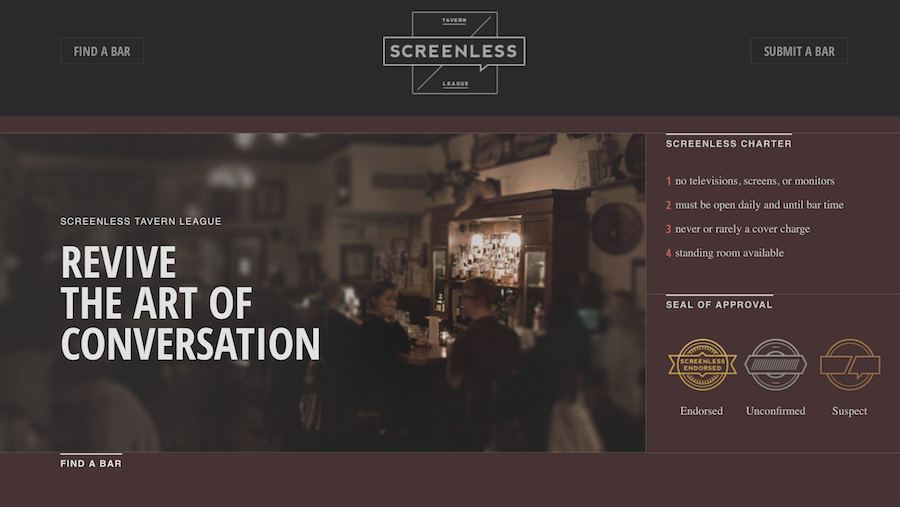
Lori K found this Web site dedicated to taverns (in Chicago and Madison) that have no TVs.
Trumpenstein is all over everywhere, of course, either blabbing himself or being blabbed about by talking heads who don’t really seem to have any more insight than a stuffed animal. But a friend shared this article which takes a novel and useful point of view on Trump’s constituency, and the ramifications for the Republican Party—and our two-party system.
The everlasting gun debate rages on, fueled last week by the President’s speech. We’ve reached the point where Bill O’Reilly is asking the NRA to be reasonable about background checks. But one of the most interesting reads was in here in the Guardian. After Columbine—remember Columbine?—the Clinton administration negotiated with Smith & Wesson and the company agreed to some changes advocated by gun control advocates. The company was excoriated and boycotted by the NRA, it’s sales plummeted, and had to eventually back out of its agreement with the government.
If you’re up for something both meaty and spectacular, read this essay called “Anatomy of the Deep State” at Bill Moyers site. (It’s a couple years old, but I think his description of the state of the government remains valid.) Now, if you lean right and can’t stand Bill Moyers, don’t let it stop you—the author was a stalwart GOP Congressional staffer for nearly 30 years. On the other hand, if you think because it’s at Moyers’ site the piece will be kind to liberal icons, you’ll be disappointed—but should read it anyway. It’s fascinating, superbly written, and the author—in addition to his own considerable experience, supplies substantive documentary support.
It’s also a long and serious piece, so if you need a relief, we can help, courtesy of Lori K. Lori weighed in awhile back on my post asking for suggestions of bars without televisions. She returned just this week to weigh in with a new resource:
The Screenless Tavern League is a Web directory of establishments without TV screens.
Great places to go and not watch the news.
